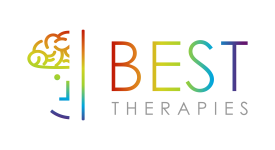Article At Glance:
- Social media provides superficial validation and connection.
- Leaving initially feels difficult but allows for building genuine relationships.
- Replace with personal bonds, skills/passions, and aligned communities.
- Transition requires patience but leads to authenticity and freedom.
Hello everyone, I’m a Millennial. It’s hard to admit, but it’s true. Don’t like the word; don’t like the label. Alas, the year I was born will never change. Throughout my identities as an artist, moving into my present-day identity as a therapist, I have had a very love-hate relationship with social media. It took me until Spring of 2019 to come clean off social media, and to this day I haven’t regretted it for a moment.
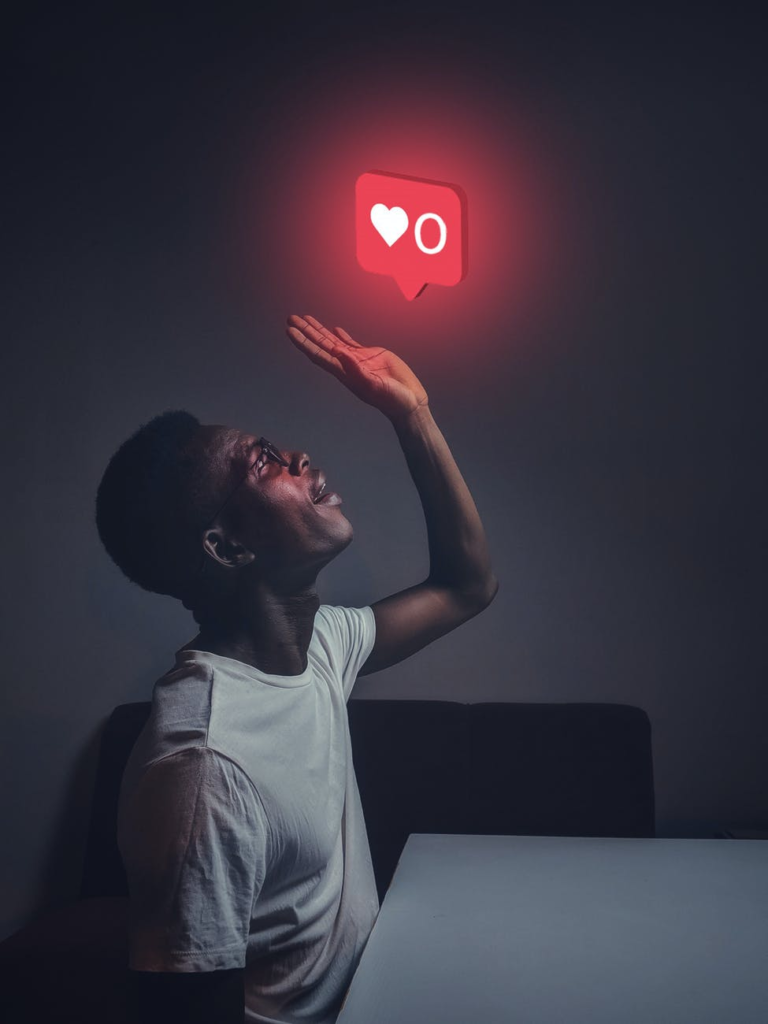
What Keeps Us On Social Media?
I hear from people often, “I wish I could just go off social media. I know that the likes I get on it don’t really mean anything and that how perfect the lives of other people look on there is fake, but I can’t stop myself from scrolling when I’m feeling lonely, mad at my partner, bored, going to sleep… I do kind of feel some sense of community, but I know it would be better to have community outside of social media. I should just delete it all.”
And then they stay on it. Why?
Imagine this, a species that was really meant to live in one small tribe, in which they would raise children, cook, hunt, travel, and in general, live a simple life under the stars. One can assume that within the tribe there was a sense of validation, of belonging, of knowing that (unless you did something terrible) these people would stick by you.
Now multiply the tribe by BILLIONS and here we are. Human beings. 2021. Many of us have lost our tribes (particularly millennials and younger generations), and that has far-reaching consequences that I feel are often overlooked.
But, aha!! We have magical devices called “smart” phones and all of a sudden we have a tribe of MILLIONS! Friends galore, beauty galore, validation galore, you get the idea. Even better: now we can feel famous!
All of that is to say: it makes sense why we like social media. We want to be liked. We want to be recognized. We want to feel a part of something bigger.
Then why does a lot of our time on social media tend to lead to an increase in depression, lack of self-esteem, and a pervasive sense of loneliness? On top of it all, it feels like everyone is on social media, and if everyone is on it, shouldn’t we be on it too?
And, like many other societal issues, when we add a pandemic to the mix these things seem to be getting worse. We are spending less meaningful time with people, getting replaced more and more by often superficial replacements for that time lost.
Additional Read: Friendships: Qualities to Look For & How to Know It’s Time to Break Up

My Social Media History: The Story of a Sensitive Person
Caveat: I am a sensitive person. There are some people who use social media for reasons that help them make money, connect with others, etc. When push comes to shove, it really doesn’t affect them in a negative way. For those people, this post probably won’t resonate with you, and that’s okay.
I am writing this for people, like me, who know that getting off social media will help their mental health, but they just can’t find the strength to do it.
Here’s a little bit about my story:
Hello, my name is Caitlin. My first adult interest was in opera, and (unfortunately) the opera industry is becoming more and more about the image: selling yourself, selling your success, selling your beauty, so you can get more jobs and make more money.
My next adult interest was photography, which (predictably) is all about images; because that’s what you’re making: images. And much of the photography industry exists on social media: that’s where brands follow you, you get future clients, you can post recognition you’ve gotten, AKA get more jobs and make more money.
Unfortunately, for me, the act of selling myself, whether it was through photography or singing, was harmful to my mental health.
I empathize with people who feel they need to be on social media to make money. I can’t completely agree that people who have careers in which they need to market themselves need to be on social media, even though it feels like it. I think there are other ways to be on the internet (and therefore increase your connectedness with others) without social media. And if social media is harming you, perhaps you can find a new way to still do what you love.
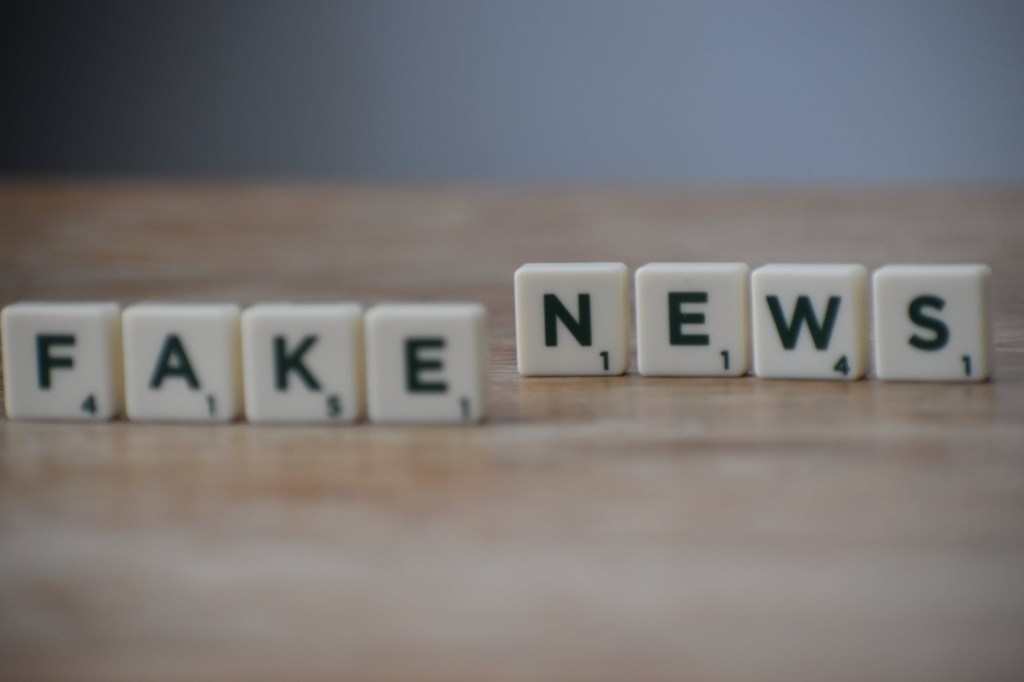
What’s Real on Social Media? Not Much.
To sum up my biggest struggle with social media: knowing that the happiness, success, beauty, intelligence, and perfection that I was seeing in others wasn’t real, but somewhere, deep down, feeling that it was real.
And the inverse: knowing that the validation I was getting from others for my own perceived happiness, success, beauty, intelligence, and perfection wasn’t truly meaningful, but somewhere, deep down, feeling that it was real.
Most of us know that what we see on social media is curated/artifice/perfected/manipulated, but I believe that the gut feeling inside of us (our instinctual, nomadic self) cannot tell the difference between faked success and beauty and real success and beauty. And that sense of self has huge implications on the major domains of our life: mental health, physical health, romantic partners, friends, work, sleep, and more.
We want to be liked. We want to be recognized. We want to feel a part of something bigger. We can use those three parts of social media to help us build a life outside of social media, replacing superficial validation with real, meaningful validation.
Additional Read: How to Avoid the Painful Effects of Social Isolation
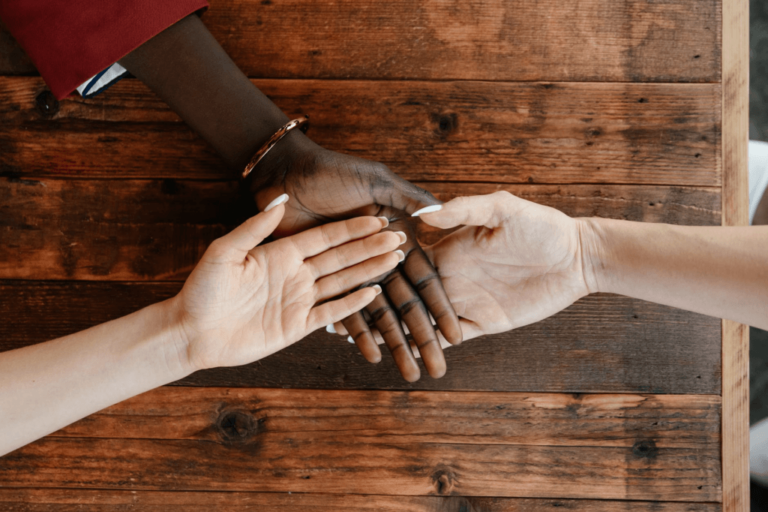
Building Three Aspects of Your Life Off-Line To Help Kick Social Media
#1 Wanting to be Liked:
- Validate your need to be liked. It’s okay to want to be liked. There is a fascination with the theme of narcissism in our culture. Searches such as: how to tell if you’re one, if your partner is one, if your parent was one, how to make boundaries with a narcissist, how to deal with a narcissistic boss, etc are popular.
- Validation, for me, is a spectrum, from being slightly pleased when someone pays you a compliment to craving validation so much that you feel that you can’t live without it. Most of us fall somewhere on the spectrum. In fact, if human beings didn’t care about being liked, we wouldn’t be able to behave, follow rules, or exist in a complex society.
- Think about what activities you can do in your life that involve others. Being liked usually happens in the context of relationships, and it’s much healthier (in my opinion) for that validation to come from real, personal bonds with individual people who you (ideally) spend significant amounts of time with over the course of your life. AKA- meaningful relationships.
- Now, building real relationships is hard. It’s much easier to think that someone who follows your profile likes and understands you than the hard, gritty time it takes to build a real-life relationship. There are ups and downs. You may not find the right people for you right away. It will take time, but in the end, it’s absolutely worth it.
- Validate for yourself that it’s hard to form relationships now. A lot of people have trouble with it, and (in my opinion) society and technology are set up to make it extra hard now. The pandemic has not helped. The fear of being alone is real.
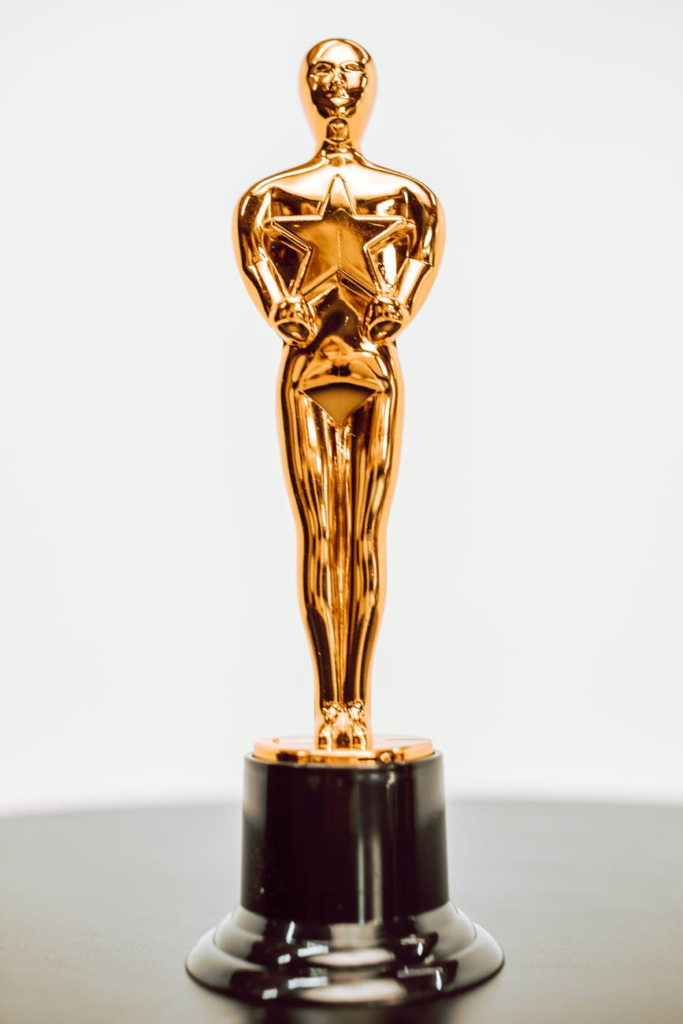
#2 Wanting to be Recognized:
- Recognition, for me, is a sense within yourself that you are good at something. You don’t have to be the best at something, but feeling your own sense of ownership over a skill, ability, passion, or task can help you feel more connected to yourself and those around you.
- How can you cultivate your own sense of ownership in your life? For me, simple things such as decorating my apartment in a way that brings me joy, helps me feel a sense of ownership. I get recognition from friends who visit the apartment, but the real recognition is my lived experience in the space.
- Find the balance for yourself between getting recognition from yourself and from others.
- Can you join a community of people who like to do something you like to do, learning from them, growing, and feeling more connected to others?
- Perhaps the career you chose helps you feel that. Or, you could pick up that artistic hobby you’ve been ignoring.
- We can all find a sense of ownership and recognition if we focus on it. For me, finding recognition within myself (instead of through others virtually) has been tough, but so, so worth it.
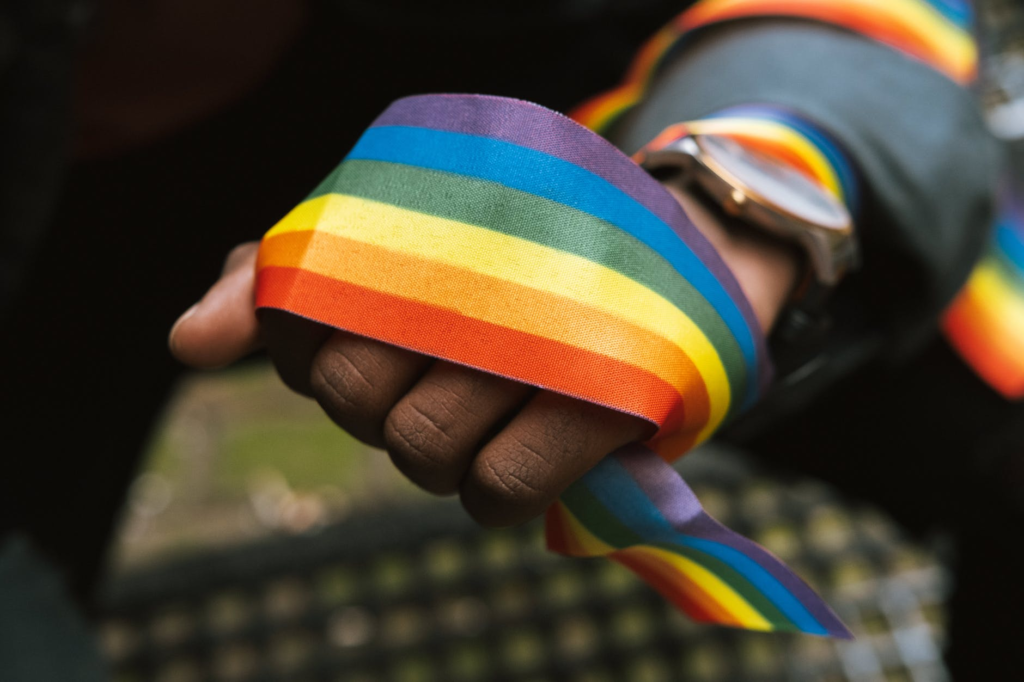
#3 Wanting to Feel a Part of Something Bigger:
- This is a tough one to recreate in the world right now, but it is still possible.
- Feeling part of something bigger, for me, is a sense of community.
- This could be joining a spiritual community, starting a meditation practice, finding a group of people who like a certain thing you do, joining a book club, getting more invested in your work community, going into nature, taking a virtual class to gain a skill, writing that novel you’ve always wanted to, and more. You have to define what feeling like a part of something bigger looks like for you.
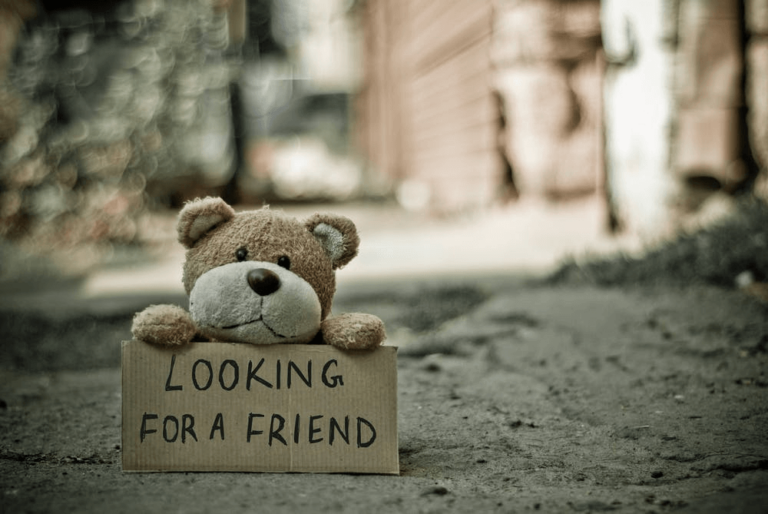
Two Warnings From My Own Experience of Getting Off Social Media
Warning #1: The initial feeling of going off social media (most likely) will not be good.
We are taking away a constant reward system that we have consciously and unconsciously trained ourselves to depend on.
And it makes sense: you have to build up your brain to find validation, recognition, and feeling a part of something bigger in a whole new way.
Similarly, it doesn’t feel good at first to start exercising, cutting back on sugar, or drinking less.
Your body (and brain) need some time for the adjustment. Change is hard. But similar to cravings, eventually your brain adjusts and no longer feels like it needs the stimulant.
Warning #2: A lot of people will disappear from your life when you get off social media
I realized when I got off social media that a lot of my “friends” on social media pretty much disappeared.
It’s not fun to write, but to be honest, it really felt that way. The hurt has gone away now, but in the beginning, it was not pleasant. I write this because real life won’t ever feel like life on social media-there’s a reason why it’s virtual.
To successfully leave social media, you must radically accept the idea that true intimacy and connectedness is different from relationships on social media. It’s slower. It’s harder. It requires commitment and confrontation. It takes work. But it’s absolutely worth it.
The process actually really helped me understand why the people who I thought cared about me in a special way were able to provide me validation on social media but weren’t willing to do the work of having a real friendship. And since then, it has helped me make better choices when I choose to connect with new people
Now that I have skills to acknowledge what types of people are more compatible with me, I make better choices, and that feels really, really good.
Just like learning a new skill, at first it’s awkward, and you kind of want to quit, but eventually, you are all the better for it.
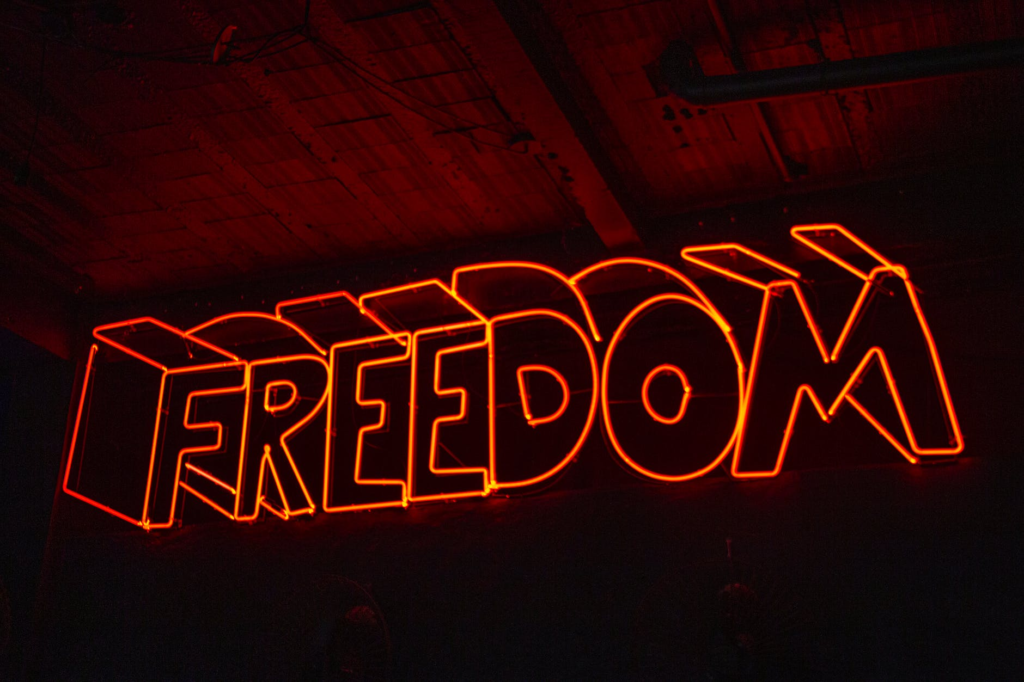
Conclusion: It Hurts at First, But It’s Worth Leaving Social Media
I know I’m not the bearer of good news to write an article about how something that such a huge swath of humanity is actively engaging with for a large percentage of their waking hours is something that perhaps they should chuck out of their lives.
I think that we must start making conscious choices to divest from systems that hurt us, and that hurt society in general. Once more people choose to divest, there will be a more sustainable culture outside of social media that helps build community. Because, at the end of the day, we have the choice to create healthy boundaries between our true selves and internet culture.
This article doesn’t touch on other cyber issues, such as losing all security and privacy, having an algorithm determine our own humanity, and companies selling our data to teach companies how to manipulate us to buy more things that end up in landfills. And, you know, hacking entire elections, starting wars, and building disinformation campaigns through social media.
I wanted to focus on the emotional and social consequences of social media, but there’s definitely more nuances to this issue. I hope that someone reading this article might be a little like me, and might have needed the last reminder that they will feel better if they choose to disengage from social media. I think that our base attraction to social media has to do with our instinctual response to it.
As a therapist, I wanted to create a framework for how to kick social media, because it’s hard and more nuanced than people give it credit for. Be gentle with yourself. You can take your time.
Above all, I hope that all of us (whether we choose to stay on social media, use it less often, or stay on it) can take a bit of time to think about what keeps us coming back for more, and how we can integrate those needs in our daily lives, outside of the internet. No matter the outcome, we must take a hard look at our needs in life and learn to meet those needs meaningfully.
What would you like to hear about from our therapists? What are you looking for guidance with? At Best Therapies, we are committed to trying to help as many people as we can, because folks need it, right now. Write to us, and we will use your thoughts for future blog posts. Be well.
